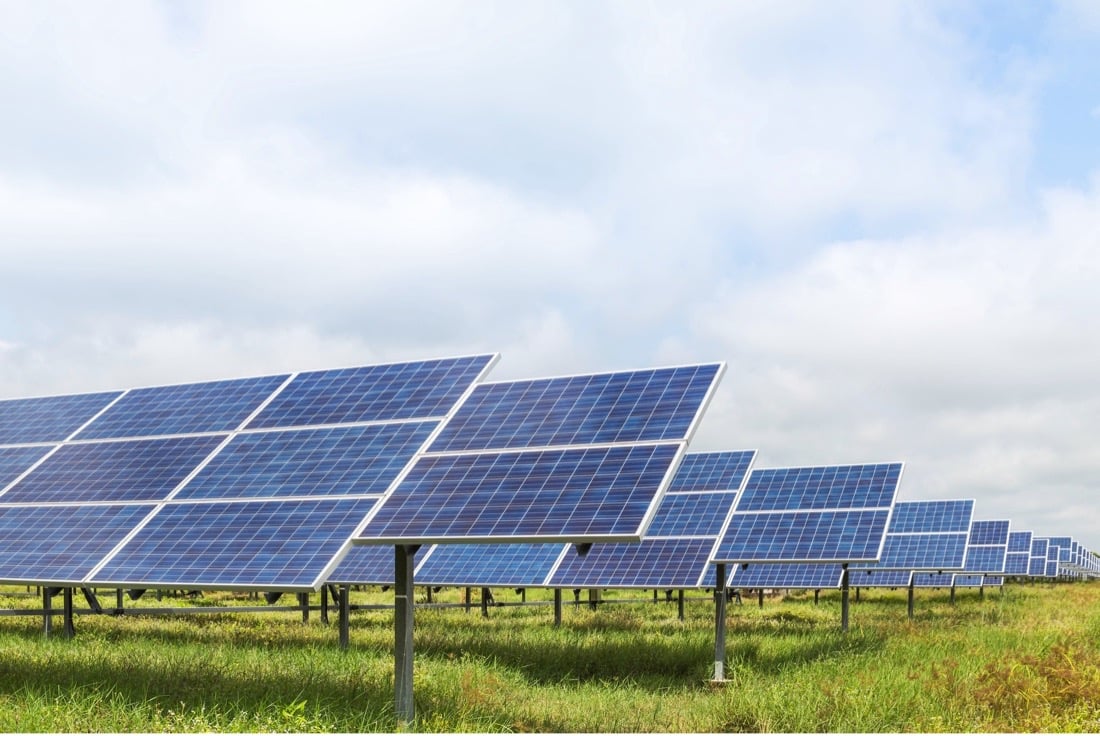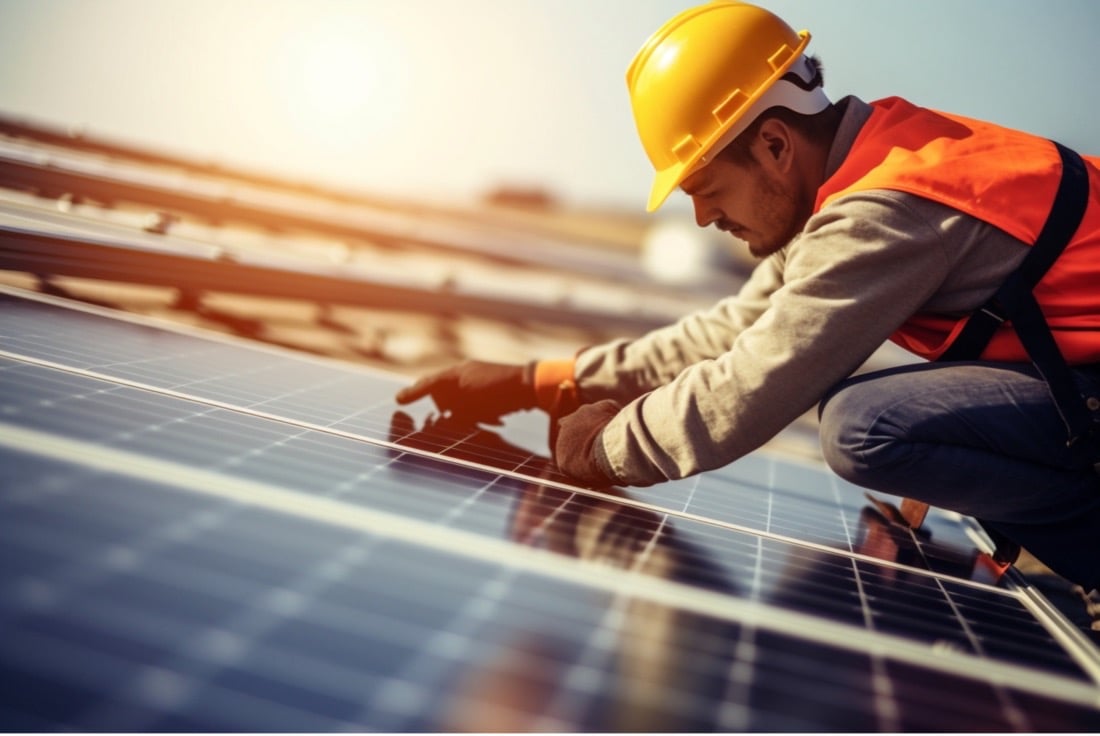
Every business is always looking for ways to reduce their operating costs. One way is the adoption of cheap and sustainable power sources and energy-efficient electrical appliances and machines.
One of the most popular solutions embraced by many businesses today is the installation of commercial solar power systems. Although the initial costs can be high, its long-term financial efficiency is worth the investment. Ready to shift from traditional and non-eco-friendly sources? In this article we’ll discuss everything you need to know about solar power for commercial buildings.
Benefits of commercial solar panels
Some of the benefits to look forward to when you invest in commercial solar panels include:
- Cost effectiveness: While the initial cost of solar panel installation is high, its long-term budget friendliness makes it worthwhile.
- Sustainability: The best way to reduce your company’s carbon footprint is by adapting renewable energy sources, and solar is one of the cleanest options. Using it aligns your business with sustainable and environmentally friendly practices.
- Energy independence: Unlike its counterparts, solar power doesn’t rely on other energy sources for operation. You can use your system at any time once you have it up and running.
Many countries are pushing for the shift towards renewable energy sources. As such, some governments offer incentives and tax credits to encourage this move. So, going solar could give you access to these benefits and significantly lower your initial investment cost.
Understanding the installation process
The installation process of commercial solar power systems is an important stage of your investment. It’s what determines the benefits you’ll enjoy from the long-term use of this energy source. Let’s go through the steps involved:
- Energy assessment: The first step is to hire a professional solar company who will assess your energy consumption. Understanding the energy requirements of your commercial establishment is vital to tailoring a system that meets your company’s specific needs.
- Site evaluation: Evaluate the solar potential of the site, considering factors like location, shading, and sun exposure. Tools such as solar maps and on-site measurements can help determine this. Decide whether the solar panels will be roof-mounted or ground-mounted, depending on available space and structural considerations.
- Permitting and approvals: The solar company will handle the necessary permits and approvals to ensure a hassle-free installation. It’ll help you navigate the permitting and regulatory requirements, which vary by location. This includes local, state, and federal regulations.
- Installation: Among the main factors to consider here include inverter selection, racking and mounting, and electrical wiring. Choose the right solar inverters for the project based on the panel sizes and your energy needs. Skilled technicians will install the solar panels and connect them to your electrical system. The process typically takes a few days to complete depending on the size of the system.
- Maintenance: Schedule regular inspections of the solar power system to ensure everything is working optimally. Panels may accumulate dirt, dust, or debris, reducing efficiency. Regular cleaning is essential.
Continuously monitor the system’s performance and consult a professional in case you notice any deviations or malfunctions.

Difference between commercial and residential solar power
Commercial and residential solar power systems have some key differences, primarily related to scale, usage, and specific requirements. Here’s a comparison of the two:
- Scale
The main difference between residential and commercial solar power is the size of the systems. Commercial ones are larger in scale and are typically designed to meet the energy needs of businesses, factories, or large organizations. Their power size can range from several kilowatts to multiple megawatts, depending on the expected consumption.
On the contrary, residential solar power systems are smaller. They’re designed to meet the energy requirements of individual homes, which can range from 3 to 20 kilowatts, depending on the size of the home.
- Purpose
Many businesses invest in commercial solar power as a long-term cost-saving option. They can also serve as a source of revenue through feed-in tariffs or selling excess power back to the grid.
Residential solar power systems are primarily intended to reduce homeowners’ energy bills and provide a more sustainable energy source. While cost savings are important, residential installations may also be driven by environmental concerns and a desire for energy independence.
- Design and Installation
Commercial installations often require more complex design and engineering due to their larger scale. They may involve ground-mounted arrays, extensive roof space utilization, and sophisticated monitoring and control systems.
Residential solar installations are more straightforward, with solar panels usually mounted on rooftops. Design and installation are typically less complex, and many residential systems can be installed by local solar companies
Maintenance and Monitoring
Commercial installations often require more advanced monitoring and maintenance due to their larger size and complexity. Regular inspections and maintenance are crucial to ensure consistent performance.
Residential systems are simpler to monitor and maintain. Homeowners can often manage basic maintenance tasks themselves, such as cleaning panels, while professional servicing may be required less frequently.
Conclusion
If you’re looking for eco-friendly and cost-effective ways to meet your industrial electricity demands, commercial solar panels are your best choice. Take advantage of the sun’s power and enjoy lower energy costs, a cleaner environment, and a positive image in the eyes of your stakeholders.
Ready to make the switch to commercial solar power and take your first step toward a sustainable, prosperous future? World Solar is here to help you explore the possibilities of solar power for your commercial building.







